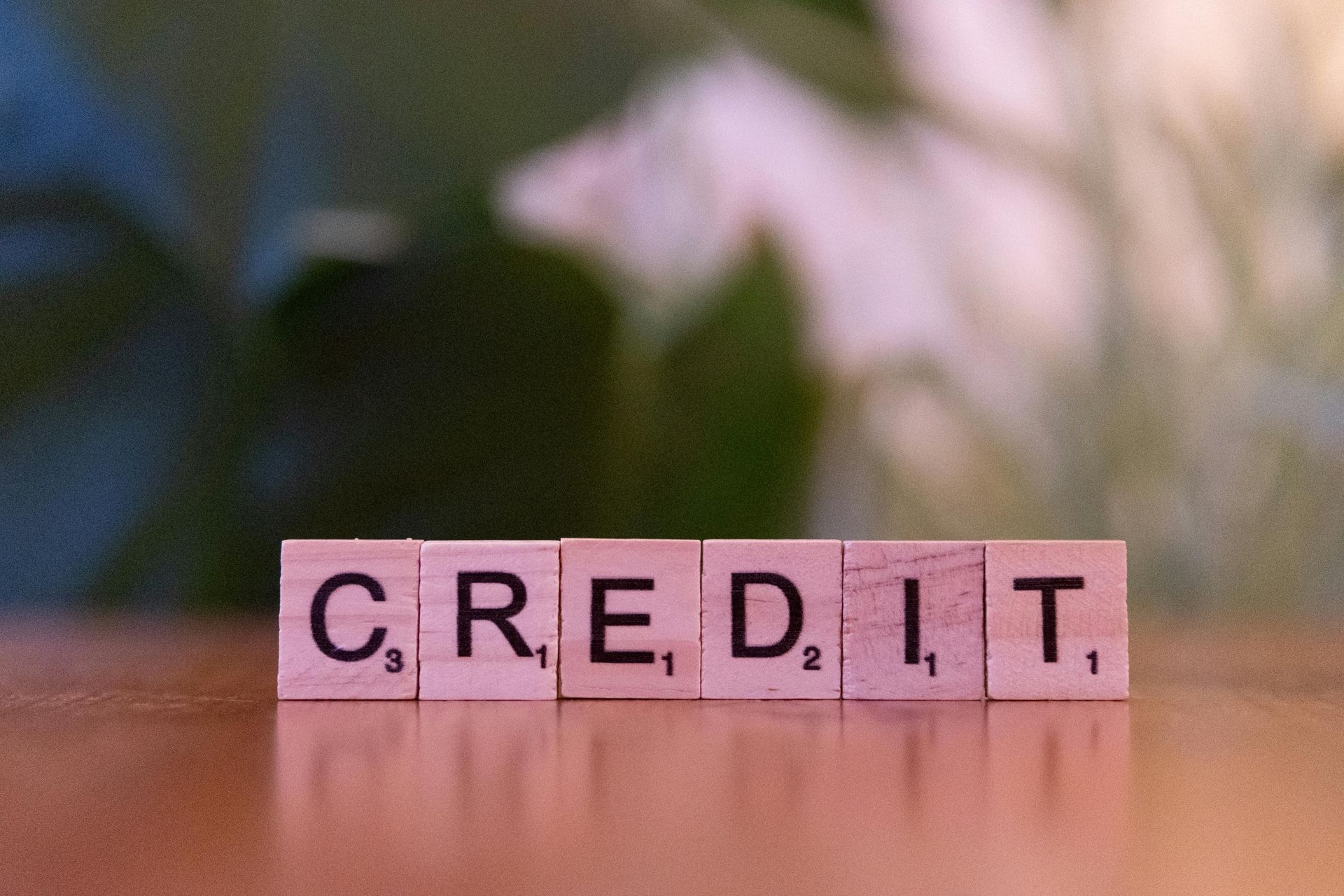Home Improvements That Actually Increase Property Value: The Truth Appraisers and Lenders Don’t Want You to Know
You’ve just installed beautiful new carpet throughout your home, spent $8,000 on the project, and you’re confident your property value has increased significantly. But here’s the reality check: when it comes time to sell or refinance, that expensive carpet upgrade might not add a single dollar to your home’s appraised value.

This common misconception costs homeowners thousands of dollars every year. Understanding how property value is actually determined—and which home improvements increase value according to the professionals who matter—can save you from costly mistakes and help you make strategic investments that truly boost your home equity.
How Lenders Really Evaluate Your Property Value
When you’re buying, selling, or refinancing a home, lenders don’t just take your word for what your property is worth. They order a professional home appraisal conducted by a licensed appraiser who follows strict guidelines established by government-sponsored entities like Fannie Mae and Freddie Mac.
The Appraisal Process: What Actually Matters
Licensed appraisers use a systematic approach called the “sales comparison approach” to determine your home’s value.
Here’s what they’re really looking for:
Comparable Sales (Comps): Appraisers identify recently sold properties in your area that are similar in size, age, condition, and features. These “comps” form the foundation of your property’s valuation.
Square Footage: This is king in the appraisal world. Living space additions that increase your home’s square footage typically provide dollar-for-dollar value increases, making them among the most reliable ROI home renovations.
Structural Condition: The bones of your house matter more than its cosmetic appearance. Foundation issues, roof problems, or electrical/plumbing deficiencies can significantly decrease value, while addressing these issues helps maintain value rather than increase it.
Functional Obsolescence: Appraisers look for features that make a home less desirable compared to current market expectations.
A house with only one bathroom when similar homes have two, or a kitchen that hasn’t been updated in decades, may suffer from functional obsolescence.
Why That New Carpet Doesn’t Increase Your Home’s Value
Here’s where many homeowners get frustrated. You spend $8,000 on premium carpet, but the appraiser treats your home the same as a comparable property with basic flooring. Why?
Appraisers distinguish between maintenance and improvement. Replacing worn carpet is considered maintenance—bringing your property back to average condition for homes in your area. Unless you’re upgrading to significantly higher-quality materials than what’s typical in your neighborhood, these updates rarely increase appraised value.
The same principle applies to:
• Interior painting
• Basic appliance replacement
• Standard fixture updates
• Cosmetic bathroom updates
These improvements make your home more marketable and may help it sell faster, but they don’t necessarily increase the appraisal value that lenders use to determine how much they’ll loan.
Home Improvements That Appraisers Actually Recognize
Not all home upgrades are created equal. Here are the improvements that consistently show up as value-adds in professional appraisals:
High-ROI Improvements When You Buy
Kitchen Renovations (Major): A complete kitchen overhaul that addresses layout, appliances, countertops, and cabinets typically recovers 60-80% of its cost in increased home value. Focus on functional improvements over luxury finishes.
Bathroom Additions: Adding a bathroom, especially in homes with only one bathroom, can significantly increase value by addressing functional obsolescence.
HVAC System Upgrades: Replacing an outdated heating and cooling system not only improves energy efficiency but also addresses a major concern for both appraisers and buyers.
Electrical and Plumbing Updates: While expensive, updating these core systems prevents your home from being penalized for outdated infrastructure.
Strategic Improvements Before Selling
Curb Appeal Enhancements: First impressions matter enormously. Professional landscaping, exterior painting, and entrance updates create positive bias that can influence the entire appraisal process.
Energy Efficiency Improvements: Solar panels, new windows, and enhanced insulation are increasingly valued by appraisers, especially in markets where energy efficiency is prioritized.
Storage Solutions: Built-in storage, finished basements, and organized closet systems address functional needs that appraisers recognize as value-adds.
The Square Footage Strategy: Your Best Investment
If you can only make one major improvement, focus on increasing living space. Here’s why this strategy consistently works:
Room Additions: Adding bedrooms or living areas increases your home’s square footage, directly impacting its comparison to similar properties.
Basement Finishing: Converting unfinished basement space into livable area can significantly increase your home’s functional square footage at a relatively low cost per square foot.
Garage Conversions: In markets where living space is at a premium, converting garage space to living areas can provide substantial value increases.
Attic Conversions: Transforming unused attic space into bedrooms or living areas adds valuable square footage that appraisers must recognize.
Understanding Your Local Market Dynamics
Real estate value isn’t determined in a vacuum. What increases value in one market may not work in another. Consider these local factors:
Neighborhood Standards: Your improvements should align with what’s typical in your area. Installing a $50,000 kitchen in a neighborhood where homes typically have $15,000 kitchens won’t recover your investment.
Market Conditions: In hot seller’s markets, cosmetic improvements may translate to higher offers. In buyer’s markets, only substantial improvements that address functional needs tend to increase value.
Regional Preferences: Some areas highly value energy efficiency, while others prioritize outdoor living spaces.
Understanding your local market’s priorities is crucial.
Common Mistakes That Waste Money
Over-improving for Your Neighborhood: The most expensive home on the block rarely recovers its investment. Keep improvements proportional to your area’s standards.
Ignoring Permits: Major improvements without proper permits can actually decrease value, as they create legal and insurance complications.
Personal Taste Projects: Highly customized improvements that appeal to your specific preferences (like converting bedrooms to hobby rooms) often reduce rather than increase value.
Swimming Pools: Despite popular belief, pools rarely increase home value and can actually limit your buyer pool in many markets.
Your Action Plan: Timing Your Improvements
When You Buy: Focus on improvements that address functional deficiencies and expand living space. These provide the best long-term home equity growth.
During Ownership: Maintain your property’s condition and address any functional obsolescence issues before they impact value.
Before Selling: Concentrate on curb appeal, decluttering, and addressing any obvious maintenance issues. Major renovations shortly before selling rarely recover their full cost.
The Bottom Line: Smart Investing in Your Home’s Value
Understanding how property value is actually determined empowers you to make strategic decisions about home improvements. While that new carpet might make you happy and help your home sell faster, recognizing which improvements appraisers and lenders actually value ensures your renovation dollars work harder for your financial future.
Remember: the goal isn’t just to improve your home—it’s to improve your home’s value in ways that the professionals who determine its worth will recognize and reward.
Ready to make improvements that truly increase your home’s value?
Contact us we understand your market’s specific dynamics and can help you prioritize improvements that maximize your return on investment.
Start Your Mortgage Application with Treasure Coast Home Loans
Your Local Mortgage Broker
Mortgage Broker Port St. Lucie, Florida
Learn More About the Mortgage Process.
Check Out Our Google Verified Reviews










